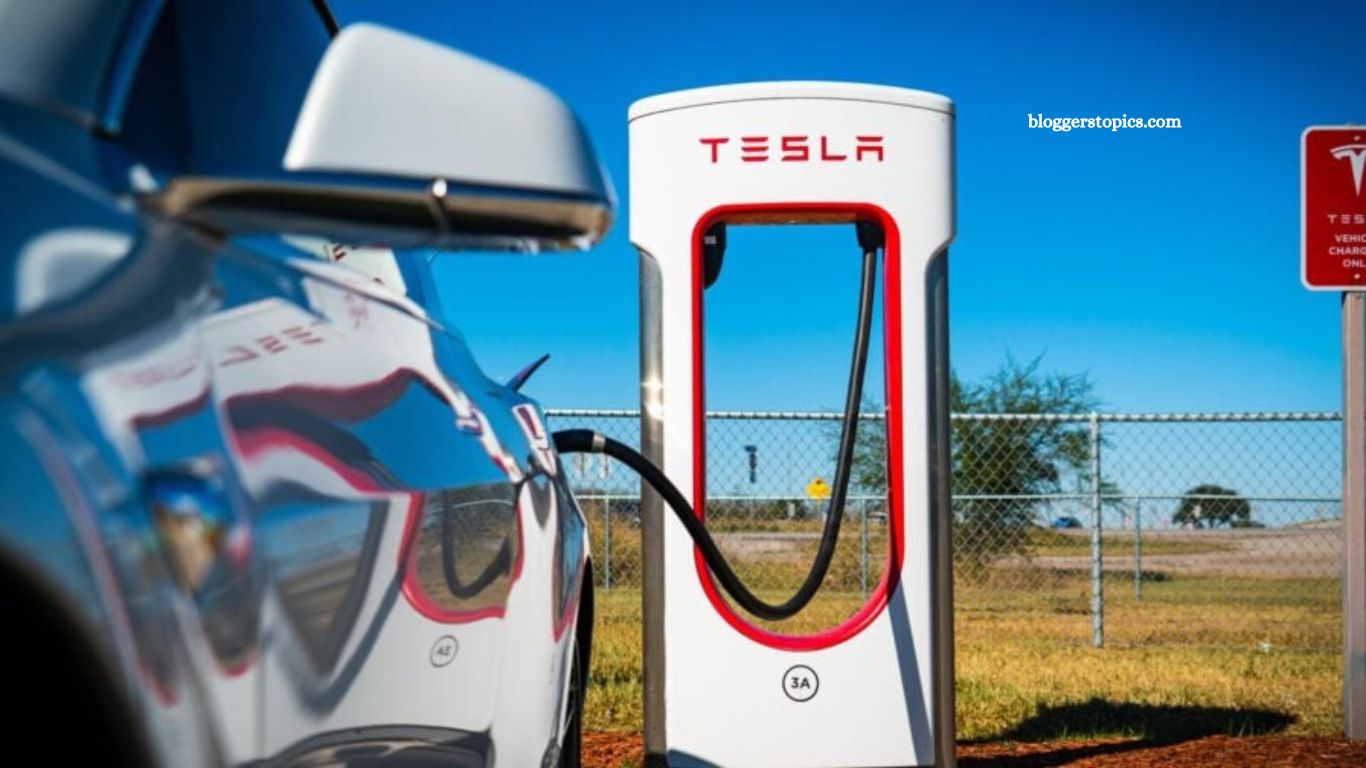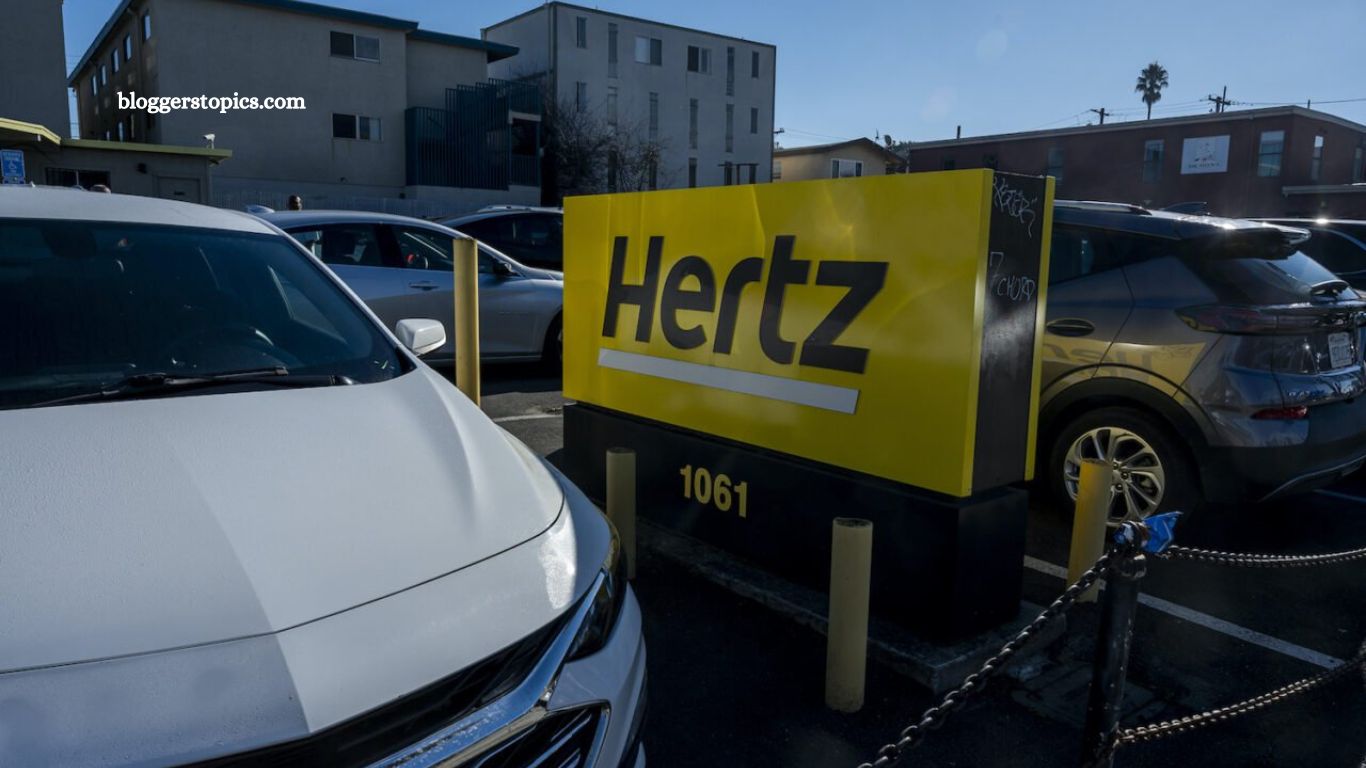OpenAI has become the face of the modern AI revolution—catapulted into global consciousness with the launch of ChatGPT. But behind the company’s meteoric rise lies a high-stakes, increasingly unsustainable war to retain the brightest minds in artificial intelligence. At the heart of this struggle: a ballooning stock-based compensation strategy that threatens to reshape the company’s financial future.
Read More:Intellect Folks: Sparking Daily Innovation in Education
A Skyrocketing Compensation Strategy
According to a report by The Information, OpenAI disclosed to investors that its stock-based compensation surged more than fivefold in the past year, reaching a staggering $4.4 billion. That number is not just eye-catching—it eclipses the company’s total annual revenue of $3.7 billion, accounting for a jaw-dropping 119% of income.
For context, this is virtually unheard of in Silicon Valley. In the year before their IPOs, Google’s stock compensation represented just 16% of revenue; Facebook’s was a mere 6%. OpenAI is in uncharted waters.
The Talent War: Meta’s Offensive
What’s driving this spike? In short: an unprecedented AI talent war—and Meta is leading the charge. Mark Zuckerberg has been personally recruiting top AI researchers with eye-popping offers, successfully poaching key figures from OpenAI’s core technical teams. The defections have triggered a crisis within OpenAI, prompting a complete overhaul of its compensation packages to prevent further losses.
To stem the talent exodus, OpenAI has had to “recalibrate compensation” and offer even more lucrative stock deals. While these stock options don’t immediately affect the company’s cash flow, they dilute investor equity, shrinking the value of stakes held by backers like Microsoft and top venture capital firms.
Dilution Dangers and Long-Term Vision
OpenAI is framing its aggressive compensation model as a long-term investment. The company projects that stock-based payouts will drop to 45% of revenue in 2025, and fall below 10% by 2030. As part of this plan, employees are expected to eventually hold one-third of the company, matching Microsoft’s share, in a future restructured entity.
The goal? Turn top researchers into long-term partners, incentivized not just by salary but by deep ownership. It’s a strategic gamble to preserve intellectual firepower—but one with enormous financial risk.
The “Meta Effect” and Its Disruption
However, the so-called “Meta effect” may derail OpenAI’s projections. With Meta offering ever-higher compensation packages, OpenAI is being forced to match or exceed those offers just to maintain its current talent pool.
This escalating arms race means that OpenAI’s expenses are likely to remain extraordinarily high, putting continued strain on profitability goals. And as its share pool becomes more diluted, the pressure to deliver outsized returns to investors intensifies.
A Precarious Financial Balancing Act
Even without these soaring compensation figures, OpenAI is already burning billions annually to fund the vast compute resources required to run and improve its models. Adding billions more in equity-based pay creates a precarious financial equation: if revenue growth can’t keep pace, the company may be forced to reconsider its approach—or risk investor backlash.
Microsoft may be committed for the long haul, but other backers might not have the same patience if their shares continue to lose value.
Philosophical Tensions: Mission vs. Market
Perhaps most notably, this escalating talent war exposes a deeper philosophical tension at the core of OpenAI’s identity. Founded with a mission to develop artificial general intelligence (AGI) that benefits all of humanity, OpenAI is now caught in a capitalistic tug-of-war that makes it increasingly difficult to prioritize ethics, safety, and transparency over profits and payroll.
When billions are on the line to retain talent, how much room is left for idealism?
The Billion-Dollar Bet
OpenAI’s leadership is placing an enormous bet: that by investing heavily in talent, it can stay ahead in the race to create the world’s first true superintelligence. If they succeed, the financial cost may one day seem like a small price to pay.
But if they fail—or if a better-resourced competitor like Meta wins that race—OpenAI may find itself burdened by debt, diluted equity, and a legacy of missed opportunities.
Frequently Asked Questions
What does “The Hidden Cost” in the title refer to?
It refers to the extraordinary financial burden OpenAI is bearing—particularly through stock-based compensation—in its attempt to retain top AI talent amid fierce industry competition.
Why is OpenAI’s approach considered “brilliant” yet costly?
OpenAI is recognized for developing cutting-edge AI technologies like ChatGPT, which has revolutionized the field. However, keeping that innovation going has required massive investment in talent, pushing expenses beyond traditional norms—even exceeding revenue.
Is the cost mainly financial or are there other hidden costs?
While the article focuses on financial costs (e.g., stock compensation, investor dilution), there are also ethical and mission-related costs, such as potential compromises in OpenAI’s founding values due to capitalist competition.
How does this situation compare to other tech giants like Google or Meta?
Unlike Google or Meta, which had much lower stock compensation relative to revenue before their IPOs, OpenAI is currently spending over 100% of its revenue on equity-based pay—making it an outlier in Silicon Valley.
What is the risk for investors in OpenAI?
The dilution of shares due to high stock-based compensation reduces the percentage of ownership for investors like Microsoft. If OpenAI doesn’t deliver outsized financial returns, these stakeholders may lose confidence.
Why is this topic important to the public?
As OpenAI works toward developing Artificial General Intelligence (AGI)—a technology with global impact—the public has a stake in understanding how financial strategies could influence ethical priorities and long-term outcomes.
Conclusion
OpenAI’s pursuit of artificial general intelligence has thrust it into a high-stakes battle—not just for technological dominance, but for the very minds capable of building that future. The company’s decision to spend billions on stock-based compensation highlights a growing reality: in today’s AI arms race, talent is the most valuable—and expensive—resource.
While OpenAI frames its strategy as a long-term investment in its people, the risks are undeniable. Investor dilution, financial strain, and ethical compromise all loom large. And as rivals like Meta intensify the competition, the pressure to deliver rapid results could challenge the company’s original mission of building AI that benefits all of humanity.







